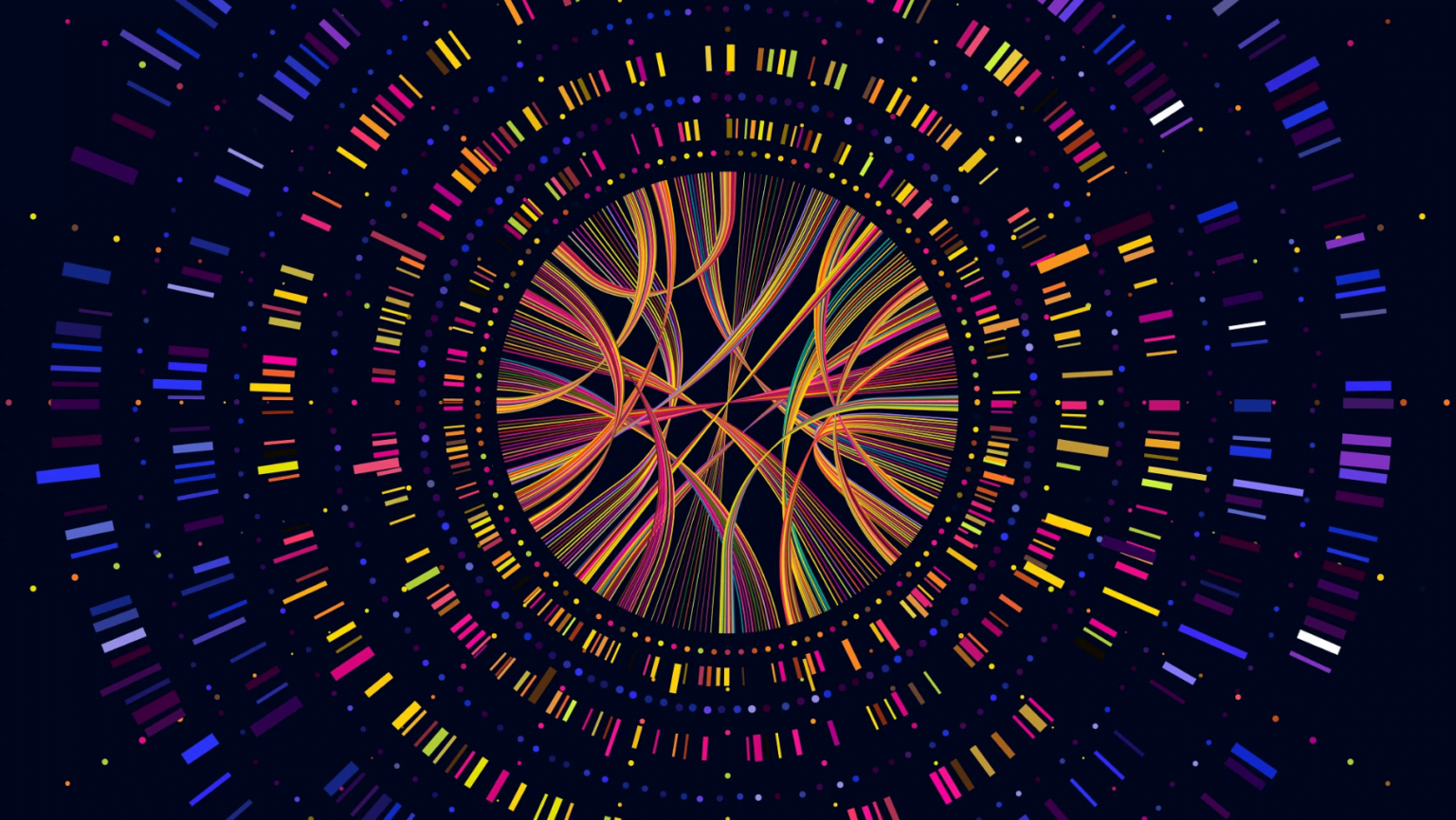NVIDIA, a global leader in computing technology, has announced significant advancements in its CUDA Quantum platform that promise to transform quantum computing applications. The newly introduced features are designed to enhance performance, streamline development, and broaden the accessibility of quantum computing technologies. These innovations mark a major milestone in NVIDIA’s ongoing mission to democratize quantum computing and accelerate its integration into various industries.
Enhanced Performance and Efficiency
NVIDIA’s new CUDA Quantum features introduce optimizations that significantly boost the performance of quantum applications. By leveraging NVIDIA’s extensive expertise in GPU acceleration, these enhancements allow quantum algorithms to run more efficiently, reducing execution times and improving overall computational throughput. This is particularly beneficial for complex quantum simulations and algorithms that demand high-performance computing resources.
Key performance enhancements include:
- Optimized Quantum Kernels: Improved kernel performance through advanced scheduling and parallelism strategies, reducing latency and increasing throughput.
- Enhanced Quantum Error Correction: New error correction techniques that minimize the impact of quantum decoherence, thus maintaining the integrity of quantum states over longer periods.
- Improved Quantum Gate Operations: Faster and more reliable gate operations, are crucial for executing complex quantum algorithms with higher accuracy.
Developer-Friendly Tools and Libraries
In addition to performance improvements, the new CUDA Quantum features provide a suite of tools and libraries aimed at simplifying the development process for quantum applications. These tools are designed to be intuitive, enabling both seasoned developers and newcomers to quickly and efficiently build quantum applications.
Notable tools and libraries include:
- Quantum SDK Integration: Seamless integration with existing software development kits (SDKs), enabling developers to incorporate quantum functionalities into their applications without needing to learn new programming languages or paradigms.
- Comprehensive Documentation and Tutorials: Extensive resources, including detailed documentation and step-by-step tutorials, that guide developers through the process of creating and optimizing quantum applications.
- Visual Debugging Tools: Advanced debugging tools that provide visual insights into quantum program execution, helping developers identify and resolve issues more efficiently.
Broadened Accessibility and Adoption
NVIDIA is committed to making quantum computing accessible to a wider audience. The new CUDA Quantum features are designed to lower the barriers to entry, enabling more researchers, developers, and organizations to explore and leverage quantum computing.
Key initiatives to broaden accessibility include:
- Educational Programs: Partnerships with academic institutions to offer courses and workshops on quantum computing, using CUDA Quantum as a primary teaching tool.
- Community Support and Collaboration: Establishment of forums and collaborative platforms where developers can share knowledge, resources, and best practices.
- Cloud-Based Quantum Services: Collaboration with cloud service providers to offer quantum computing as a service, allowing users to access powerful quantum resources without significant upfront investment.
Impact on Industries
The enhancements to CUDA Quantum are poised to impact various industries significantly. From pharmaceuticals and materials science to finance and logistics, quantum computing has the potential to solve problems that are currently intractable for classical computers.
Pharmaceuticals and Healthcare: Quantum simulations can accelerate drug discovery by accurately modeling molecular interactions, leading to faster development of new medications.
Materials Science: Researchers can use quantum computing to design new materials with unique properties, such as superconductors or advanced polymers.
Finance: Quantum algorithms can optimize complex financial models and risk assessments, providing more accurate predictions and better decision-making tools.
Logistics and Supply Chain: Quantum computing can improve optimization problems in logistics, such as route planning and inventory management, leading to more efficient and cost-effective operations.
Future Prospects
NVIDIA’s continued investment in quantum computing underscores its commitment to pushing the boundaries of what is possible with this emerging technology. The new CUDA Quantum features represent a significant step forward, but they are just the beginning. NVIDIA plans to continue refining and expanding its quantum computing capabilities, with a focus on delivering even greater performance, usability, and accessibility in the future.
About NVIDIA
NVIDIA’s (NASDAQ: NVDA) invention of the GPU in 1999 sparked the growth of the PC gaming market, redefined modern computer graphics, and revolutionized parallel computing. More recently, GPU deep learning ignited modern AI — the next era of computing — with the GPU acting as the brain of computers, robots, and self-driving cars that can perceive and understand the world. Today, NVIDIA is focused on products and platforms for the large, growing markets of gaming, professional visualization, data center, and automotive.
More information at www.nvidia.com.




Leave a Reply